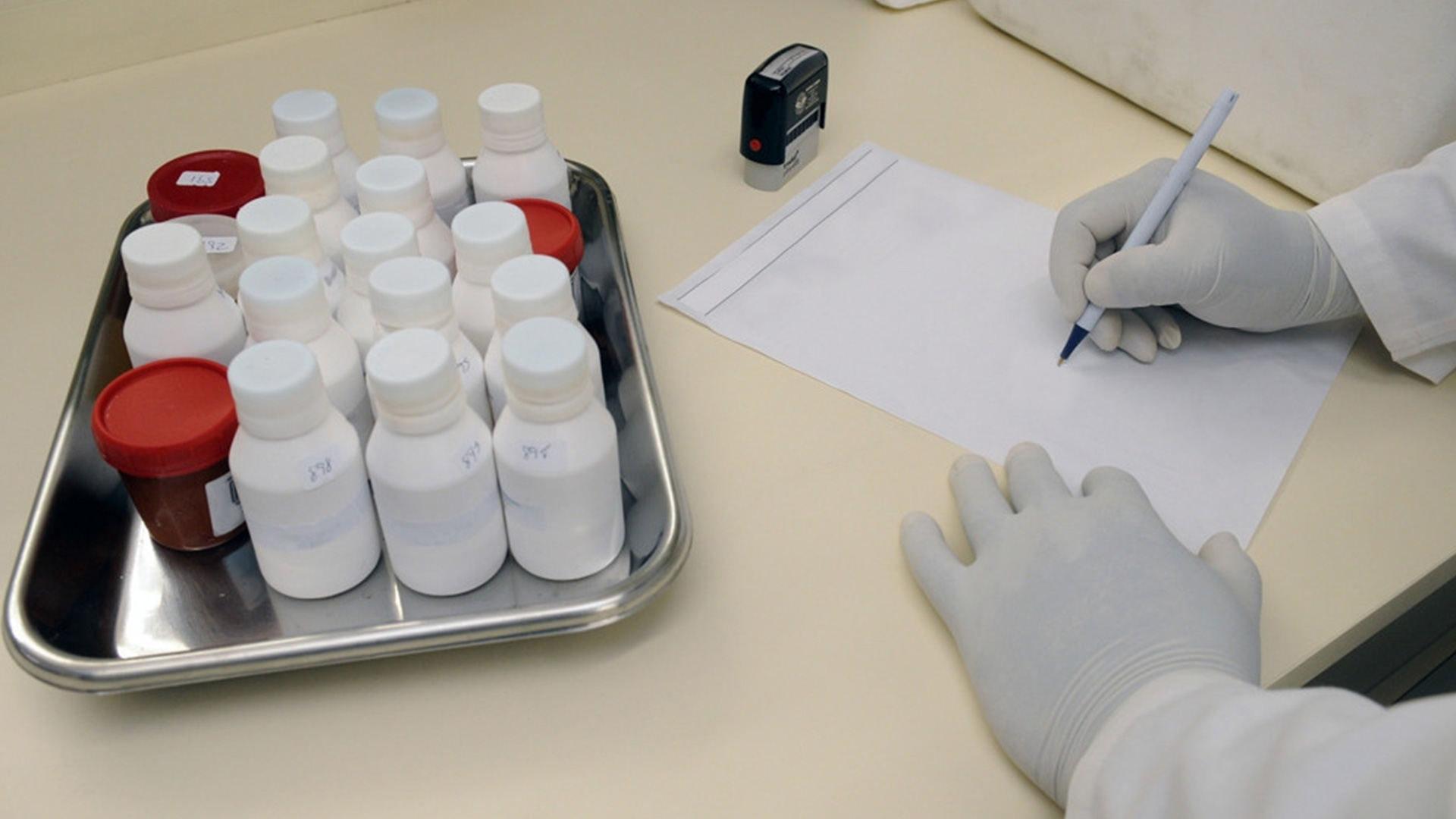Observation
This approach may be on the table for whom the prostate-specific antigen (PSA) is rising slowly or for aged patients. Keeping a close watch on developing symptoms and monitoring overall health is always important.
Here’s what to keep an eye out for and seek medical help immediately if the symptoms become intense:
- Blood in the urine
- Urinating frequently, especially at night
- Fatigue and weakness
- Bone pain
- Backache
- Erectile Dysfunction
- Discomfort while urinating – a weak or disrupted flow
Salvage Radiotherapy
This radiation treatment works for recurrent cancers. It is possible for cancer to return even after the prostate has been removed. If you have had a radical prostatectomy and your prostate-specific antigen (PSA) is high, then salvage radiation may help.
Hormonal Therapy
Hormonal therapy works to suppress male hormonal production. In this treatment, testosterone, which plays an important part in helping prostate cells to grow, is suppressed from being produced. By doing so, cancer cells are prevented from re-multiplying and growing. There are two ways in which this procedure may be done. The first is via medications i.e. pills, injections or implants, whereas the second may require the removal of the testicles.
Chemotherapy
This option works well with hormone therapy in treating prostate cancer recurrence. Chemotherapy medications can be of different types, but for prostate cancer, docetaxel is most commonly prescribed. This treatment option is effective and opted by many.



